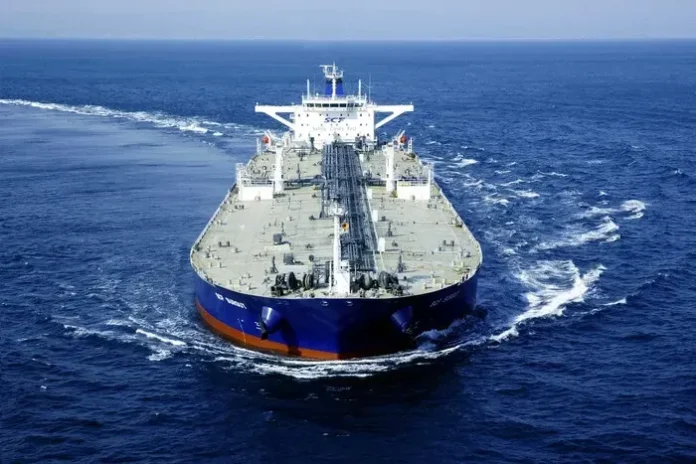Aaior K. Comfort
On Thursday, the United Kingdom imposed its most extensive sanctions yet on Russia’s “shadow fleet” of oil tankers, a network of vessels that has enabled Moscow to evade Western embargoes and continue oil exports despite sanctions imposed after its invasion of Ukraine.
The new measures target 18 vessels, barring them from entering UK ports and from accessing British maritime services. This brings the total number of sanctioned ships to 43. These tankers, which operate under unclear ownership or lack proper insurance, are part of a larger network that experts refer to as a “ghost fleet.” This fleet allows Russia to export oil without adhering to global price caps and sanctions imposed by the West.
The UK’s Foreign, Commonwealth, and Development Office (FCDO) explained that these sanctions are aimed at cutting off a crucial source of revenue for Russia’s war efforts. “These sanctions are starving Putin’s war machine of crucial revenues,” the FCDO stated. Many of the ships affected by the sanctions have been left idling outside ports, unable to function.
The UK also accused the shadow fleet of posing environmental threats by violating basic safety standards, putting coastlines at risk due to poor regulation and inadequate maintenance.
Foreign Secretary David Lammy emphasized the personal and national commitment to constraining the Kremlin. “I have made it my personal mission to constrain the Kremlin, tightening the net around Putin and his mafia state using every tool at my disposal,” Lammy said.
Despite Western sanctions, Russia continues to export large volumes of oil. A report from the Kyiv School of Economics revealed that Russian oil exports via shadow tankers had nearly doubled to 4.1 million barrels a day in the year leading up to June 2024. Around 70 percent of Russian oil shipped by sea is transported using these ghost vessels.
In addition to the tankers, the UK also sanctioned four liquefied natural gas (LNG) tankers and the Russian gas company Rusgazdobycha JSC, further tightening restrictions on Russia’s energy exports.
This sanctions package includes ships owned by Sovcomflot, Russia’s largest shipping company, and marks a significant step in the UK’s broader efforts to choke off the flow of revenue to Moscow as the war in Ukraine continues.

